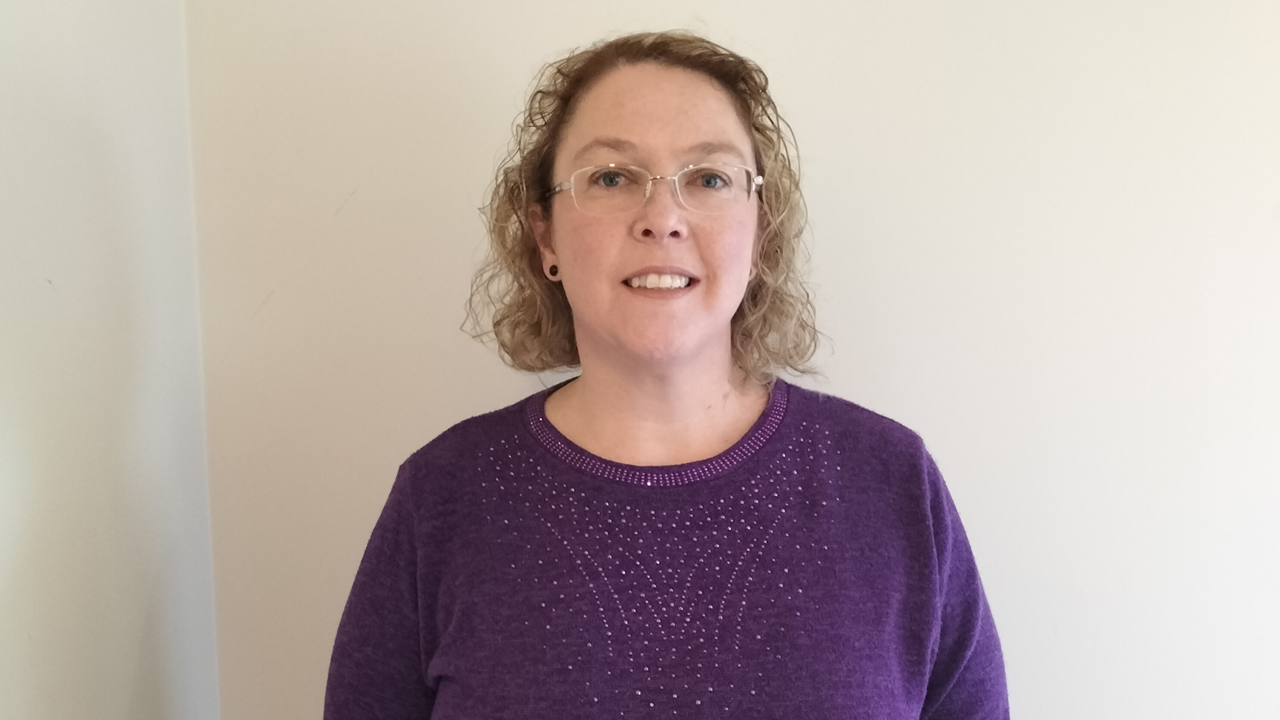Embedding Indigenous perspectives in the classroom

Lecturer Anne Rohde works with Bachelor of Education students ahead of their primary and early childhood teaching placements to better embed Indigenous perspectives.
In summary
- Lecturer and Indigenous Education Academic Lead in Swinburne’s Department of Education, Anne Rohde is introducing Indigenous perspectives and knowledges into the classroom
- Anne works with Bachelor of Education students ahead of their primary and early childhood teaching placements to better embed Indigenous perspectives in the classroom
- She recommends thinking more deeply about what activities teachers can do on Country and how lessons can connect with Indigenous perspectives, such as looking at how mathematical concepts present themselves in nature
“The worst thing you can do is to do nothing.”
That’s the advice Lecturer Anne Rohde gives to her Bachelor of Education students about introducing Indigenous perspectives and knowledge into their teaching.
As Indigenous Education Academic Lead in the Department of Education at Swinburne University of Technology, Anne is currently working with students ahead of their primary and early childhood teaching placements to help them understand how they can better embed Indigenous perspectives in the classroom.
This means not just confining First Nations history, language and culture to one class or classroom, but empowering new teachers to include Indigenous knowledges across the curriculum in authentic and respectful ways.
“People often say that they can teach Indigenous perspectives in history, but they can’t do it in maths, or in geography, or in science,” Anne says.
“I try to give them the strategies, skills and background knowledge to help them put it into practice across their teaching, and the confidence to make a start.”
Advice for new teachers
So, how does Anne, an Indigenous woman herself, help her new teachers do this?
One piece of advice is to go out on Country. She encourages teachers to know what Country they are on and localise their learning. Thinking more deeply about what activities teachers can do on Country can help plan lessons across the curriculum that connect to Indigenous perspectives, for example, looking at how mathematical concepts present themselves in nature.
She also recommends utilising Indigenous texts, not just as a tokenistic gesture, but in an authentic way that provides a new perspective – whether it be a video, a short story or a picture book for younger students.
Overall, she recommends that new teachers take approaches that resonate with them.
“I’m not going to tell you exactly what to do,” she says. “I am here to share my knowledge with you, to work with you and help you to embed Aboriginal and Torres Strait Islander cultural identity, scientific knowledge and historical perspectives across what you’re teaching.”
Anne’s education journey
Anne’s journey to teacher education started in psychology. Early on, she knew she wanted to work with children and so, educational psychology eventually led to a teaching career in primary and secondary education, with her most recent teaching experience being in early childhood education. But she soon saw that the path to making big picture changes in education was by impacting how teachers themselves were taught.
Anne is now working on decolonising and embedding Indigenous perspectives across the entire Department of Education at Swinburne, working closely with the Academic Director, Indigenous Learning and Teaching, Mat Jakobi.
“I’ve always felt very welcome at Swinburne and Mat has been fantastic with helping me make connections across the university,” she says.
“Looking at our Reconciliation Action Plan and strategic plan, we’re seeing that Indigenous education is coming through and becoming more visible. There’s great support and input from across the university.”
New perspectives
With a referendum on an Indigenous Voice to Parliament planned this year, she says it is the perfect time to be providing new perspectives and ways of learning.
“My students often say that they had no idea about some elements of Australian history, so it is important that we teach our students about our Nation’s shared history”, she says.
“The more we know, the more we can be part of the change in politics, media and society. You need to listen to multiple perspectives; you need to be informed. People must know what they are voting for.”
As for her favourite part of the job, she loves to see emerging teachers building confidence to use their newfound knowledge and skills to make changes themselves.
“It’s great when my students say that they tried something new in the classroom and that they are putting what they have learned into practical action. You can really see that exponential impact.”
-
Media Enquiries
Related articles
-

- Technology
- Education
- University
From humble beginnings to global impact: what Quitch did next
Dr Grainne Oates transforms Quitch from startup to global powerhouse, redefining education with Swinburne's support.Friday 01 March 2024 -

- Trades
Transforming passions into careers: the power of TAFE in Australia's skills revolution
What's it really like to get a trade? This question is on the minds of many young people embarking on career decisions.
Thursday 28 March 2024 -

- Education
Swinburne supporting regional communities through early childhood teaching
Passionate early childhood educators and people looking for a career change in the East Gippsland and Wellington shires will benefit from Swinburne’s Graduate Diploma of Early Childhood Teaching.
Monday 04 March 2024 -

Swinburne accelerates in-demand tech research in Southeast Asia
A new fully-funded HDR or Masters by Research scholarship will enable students in Southeast Asia to further their research in key global priority areas.
Thursday 07 March 2024 -

- Education
Swinburne extends research and education partnership with Yarra Junior Football League
Swinburne University of Technology is extending their connection with the local community, furthering their partnership with the Yarra Junior Football League.
Monday 18 December 2023

